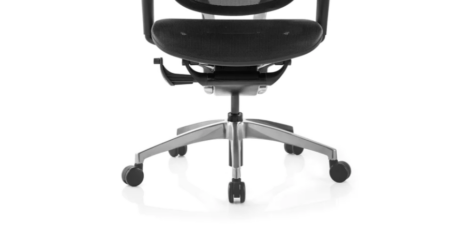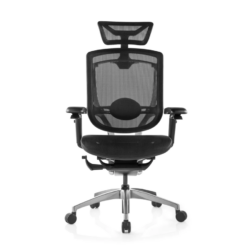To provide the best experiences, we use technologies like cookies to store and/or access device information. Consenting to these technologies will allow us to process data such as browsing behaviour or unique IDs on this site. Not consenting or withdrawing consent, may adversely affect certain features and functions.
The technical storage or access is strictly necessary for the legitimate purpose of enabling the use of a specific service explicitly requested by the subscriber or user, or for the sole purpose of carrying out the transmission of a communication over an electronic communications network.
The technical storage or access is necessary for the legitimate purpose of storing preferences that are not requested by the subscriber or user.
The technical storage or access that is used exclusively for statistical purposes.
The technical storage or access that is used exclusively for anonymous statistical purposes. Without a subpoena, voluntary compliance on the part of your Internet Service Provider, or additional records from a third party, information stored or retrieved for this purpose alone cannot usually be used to identify you.
The technical storage or access is required to create user profiles to send advertising, or to track the user on a website or across several websites for similar marketing purposes.
 Yesterday’s Spring Budget included a number of announcements that affect the various people, place and technology professions in the UK. These include a cut in National Insurance, pension fund reforms, support for working parents, AI, helping people back in to work and more. You can see the Government’s own summary here. The various industry sectors have been quick to respond to the announcements. You can see what some people have had to say below, in no particular order. (more…)
Yesterday’s Spring Budget included a number of announcements that affect the various people, place and technology professions in the UK. These include a cut in National Insurance, pension fund reforms, support for working parents, AI, helping people back in to work and more. You can see the Government’s own summary here. The various industry sectors have been quick to respond to the announcements. You can see what some people have had to say below, in no particular order. (more…)


































February 7, 2024
Whenever I hear the future of work, I reach for my pistol
by Mark Eltringham • Comment, Flexible working, Workplace design